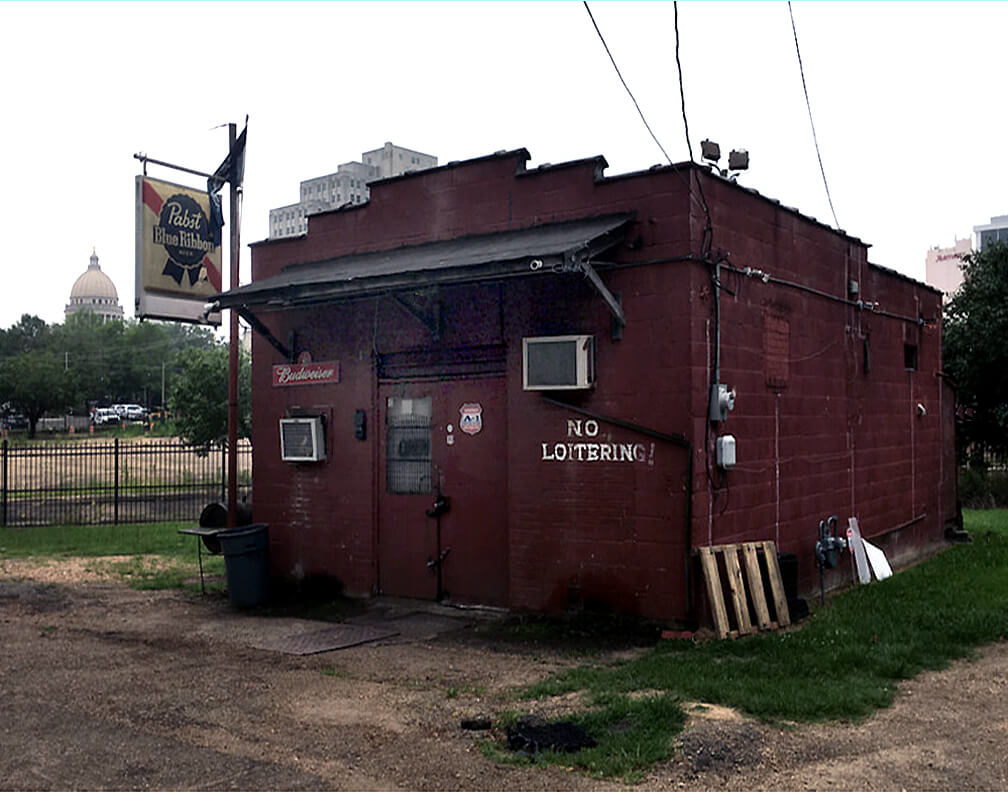One day as a boy, a friend and I dared to enter his father’s tool shed, where among implements such as hammers, saws, screwdrivers, and girly magazines, we found a cabinet stocked with canned potato soup. When I asked why his daddy kept potato soup next to his chop saw, he said, “Momma won’t let him have it in the house.”
I was puzzled at the time, but now I understand. You see, a man’s house may be his castle, but his tool shed is his home, a sanctuary for the masculine spirit and as inviolate to intrusion as a nunnery. A man may keep things there which have no place in the house, even something as seemingly innocuous as potato soup.
Potato soup is neither good nor bad in itself; like Prince Hal, it is poor only in the company it keeps, and as is the case for so many of our foods, its company is often poverty itself. Memories of hard times survived among the men and women of my parents’ generation; after the hard years had ended and victory in the Good War made them members of the most affluent society on earth, they found themselves living in a world that stretched far beyond the dirt roads many grew up on, and they were obliged to learn the difficult lessons a newly-acquired middle-class life required of them.
For many, that meant ridding themselves of aspects of their lives that in this new world were not quite picture-perfect. Potato soup, to my friend’s mother, was not part of her perfect picture; it was Depression food, something people ate when they were poor and down on their luck. Now that they lived in town in a new brick house, had two cars in the garage, and she was secretary of the Twentieth-Century Club, potato soup —so simple, so basic, so very good—had been banished.
Others hearkened back, as my friend’s father did, to those days when a family’s existence was dependent upon making do. They also remembered—even as they trod the carpeted floors of the air-conditioned homes where their difficult children were growing into strangers in their midst—the foods they knew and loved, even if it were biscuits folded over a piece of fried streak-`o-lean they took to school, red-rind cheese and saltines from the store down the road, or chicken and dumplings made to stretch an old hen between ten people.
The foods you love best are often those of your childhood, and my friend’s father found the warmth of potato soup irresistible. I can still conjure up an image of this man sitting out in his shed and opening a can of soup, heating it on a little electric eye, eating it and thinking about his own Momma standing at her wood stove in a pair of old slippers, her hair limp with sweat and tied up with a penny piece of ribbon, cooking the only thing she had to cook—potatoes—into a soup for her family. I can also imagine this man reminiscing upon this while his wife teetered around the kitchen in high heels, her hair lacquered into a $5 hair-do she had redone twice a week cooking store-bought stuff on an electric range.
His wife herself probably remembered her Momma in much the same way as her husband did his, but for my friend’s mother it was a bitter memory, and her efforts to obliterate that—to her mind painful—image of poverty extended to those around her. Bound and determined to eradicate whatever she felt was coarse or common about her and others, she sacrificed upon the altar of her misguided pride the very foods that she secretly loved and learned to make at her mother’s side.



